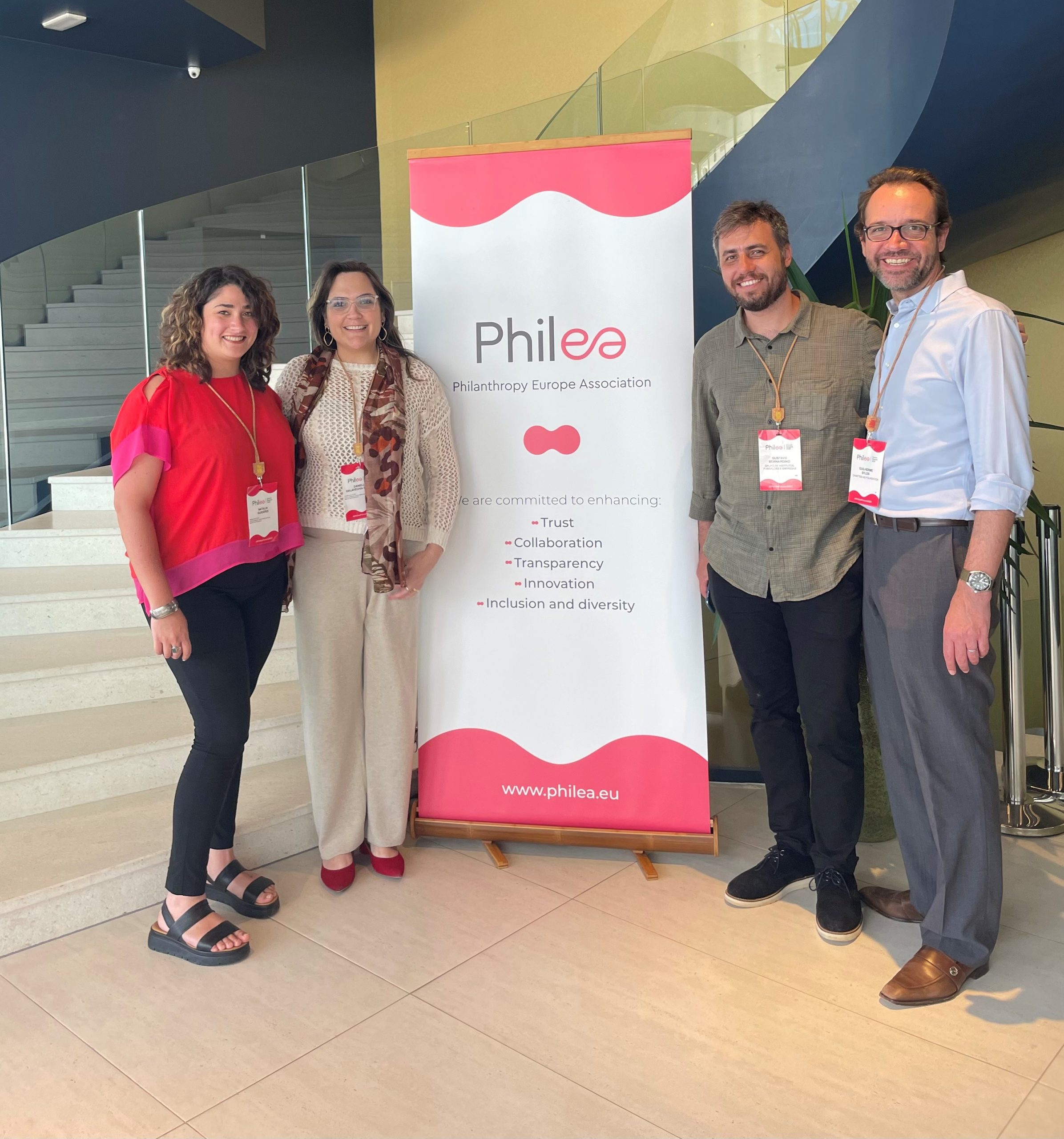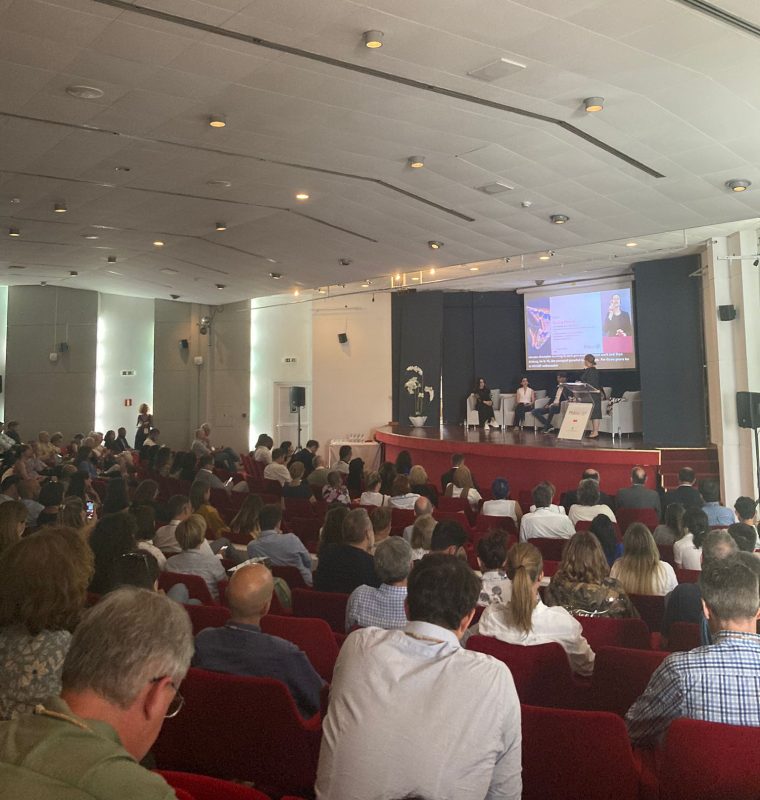The Philea Forum 2023, one of the most important events in the European philanthropic ecosystem, took place between May 22nd and 25th in the city of Šibenik, Croatia. IDIS was present, represented by Guilherme Sylos, Director of Prospecting and Partnerships.
Under the theme “A new compass for Europe: Forged in crisis, Forward in hope”, the lectures addressed the various crises that have accumulated in recent years, both in Europe and worldwide. The discussions covered significant challenges stemming from the Covid-19 pandemic, as well as a keen focus on climate change, socioeconomic inequality, and growing tensions between countries.
 In the midst of this context, the Philea Forum 2023 brought together over 700 people at the heart of the Euro-Mediterranean region to discuss what they call “European values” and how philanthropy can use them as a compass to face current challenges.
In the midst of this context, the Philea Forum 2023 brought together over 700 people at the heart of the Euro-Mediterranean region to discuss what they call “European values” and how philanthropy can use them as a compass to face current challenges.
The opening plenary of the event addressed the landscape of European philanthropy and the importance of collaboration within the sector itself. Among the speakers was Nada Al-Nashif from the Office of the United Nations High Commissioner for Human Rights. She emphasized the importance of partnerships and collaboration to promote change:
“Equality, dignity, and justice are what unite us. We are calling on the philanthropic community to commit and, through vibrant partnerships, promote human rights”, she declared.
A research study was also presented, conducted with the participants of the event, about their perceptions regarding the performance of civil society organizations, donors, and the European philanthropic sector. The majority of respondents indicated that EU organizations should prioritize tackling climate change, followed by inequality.
Another highly debated topic during the meeting was the role of youth, their contributions, and obstacles in the fight against climate change, with a focus on the session ‘Building infrastructure to support resilient youth movements on climate: lessons from all over Europe’.
Katie Hodgetts shared her story as a climate activist, a process that earned her admiration from her peers and a sense of personal fulfillment, but also led her to face a difficult phase of burnout and emotional exhaustion. Inspired by her own story and that of thousands of other activists who also deal with the mental strain of their work, she created ‘The Resilience Project‘, an initiative that offers emotional support to climate activists.
The session also highlighted the current role of young people, who, through risky and disruptive ideas, can be some of the most powerful voices and agents in the fight against climate change. “Why are young climate activists effective? They are agile and outraged”, says Christian Vanizette, co-founder of makesense.
Several conversations focused on philanthropy, including reflections on its real impacts amid so many demands and its ultimate goals, which tend to be forgotten along the way.
In the debate session ‘Lessons learned over more than 30 years of philanthropy by a closing foundation’, Lynda Mansson from the MAVA Foundation shared the story of her organization’s closure, which, after 12 years of operation with a focus on biodiversity conservation, concluded that its goal had been achieved, and there was no longer a need to exist.
The closing session summarized the themes highlighted throughout the three days, with an even greater emphasis on youth and the potential for change that exists in movements formed and led by this group. The stage was reserved for representatives of the ‘new generation’ of young people who dedicate their days to seeking changes and positive impacts in the world.
“You wake up every day with anxiety, expecting bad news, and yet you brush your teeth and start your day. You maintain resilience. Young people are resilient and don’t realize that, often, what they are doing is democracy”, declares Anna Bondarenko, founder and director of the Ukrainian Volunteer Service.
The participants concluded with a simple but powerful message: ‘do good’. They also emphasized the importance of starting by looking at what is around us before any large-scale movement:
“How can we change the world, how can we change Europe, if we cannot change our local community, our family, our friends, our neighborhood? It’s simply impossible”, says 16-year-old Aleksej Leon Gajica, Junior Ambassador for the EU and for Children’s and Youth Rights at UNICEF.
The event highlighted the global similarities of problems and needs to be discussed and worked on by the private social investment sector, regardless of the region you are in.
“The issues are quite similar to ours in Brazil: trust, democracy, and freedom of expression. Furthermore, it is clear that combating climate change is a priority in Europe, another recurring and extremely important cause for the Brazilian and Latin American context,” comments Guilherme Sylos, Director of Prospecting and Partnerships at IDIS.



